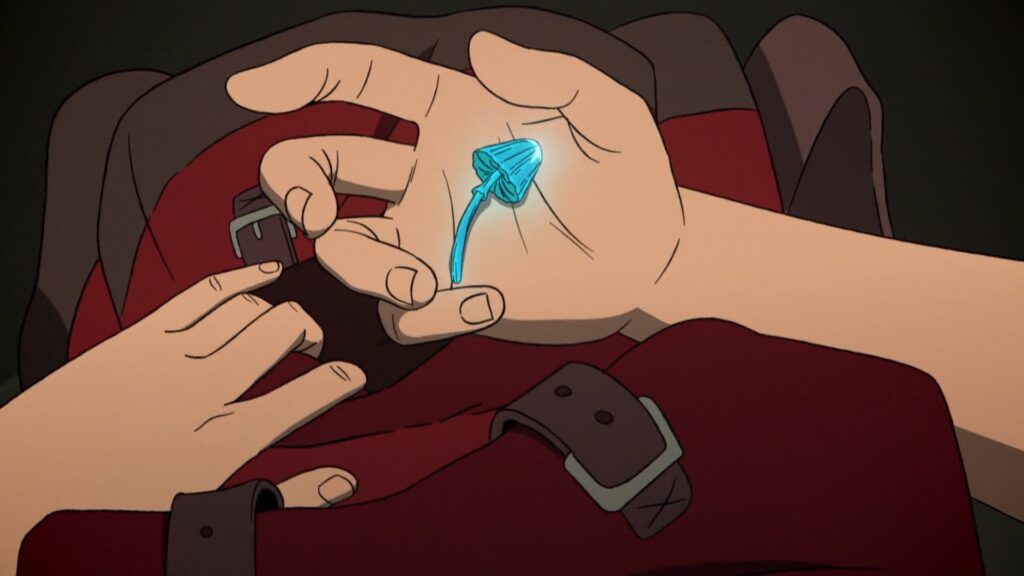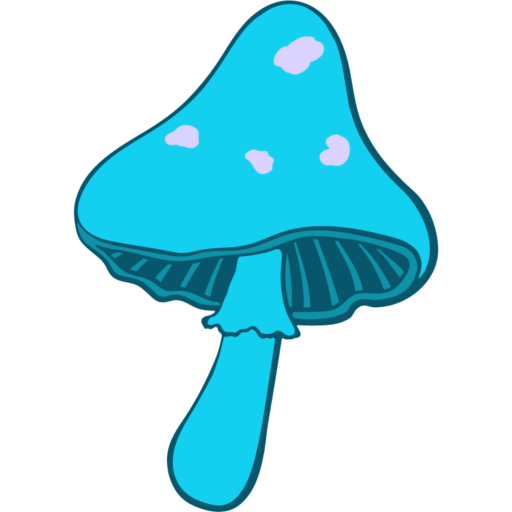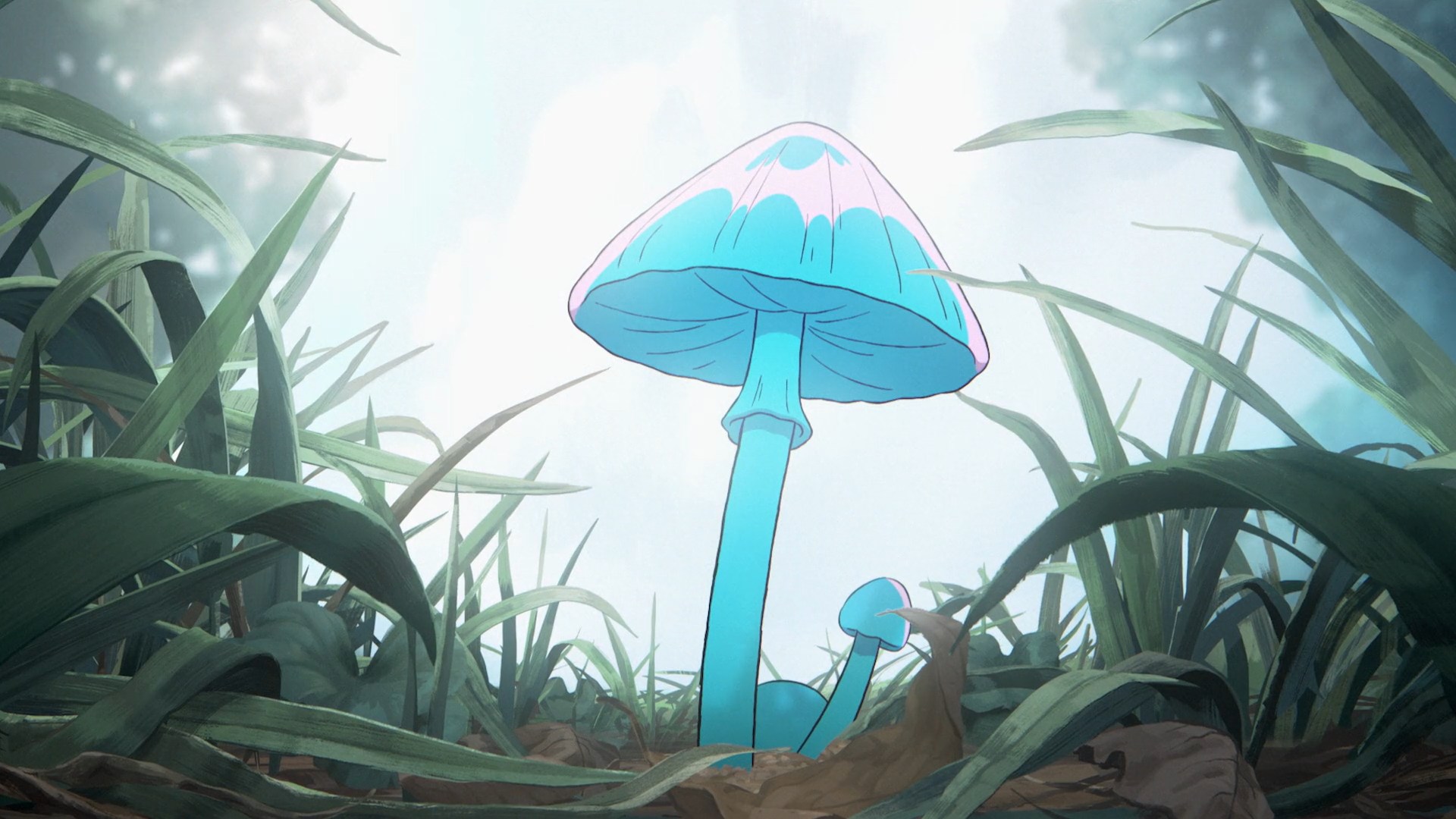To anyone who saw the Netflix hit show featuring that magical “Blue Angel” mushroom: I’m sorry to be the bearer of bad news. It’s fiction. The idea that one fungus, no matter how pretty or mysterious, could wipe out illness forever is a tempting daydream – but that’s exactly where it stays. In the realm of dreams. Still, real mushrooms exist that boast some rather impressive resumes of their own. These fungi aren’t supernatural miracle-workers, true – but what they can do, scientists are discovering, is pretty fascinating.
So, what exactly is science saying these days about medicinal mushrooms? Can any fungus come close to healing the body, or is it all just hype? Let’s get curious and dive into this mushroom mystery together – no tortoise-poop spores required.

The Real Magic of Mushrooms (It’s Not Just Pizza Topping)
First off – mushrooms are much more nutritional than most people realize. Far from merely bland salad toppings, they actually hold a powerful nutritional kick. They come loaded with vitamins and minerals. For starters, mushrooms are low in carbohydrates and fats but rich in important compounds including Vitamin B6, folate, magnesium, zinc, and potassium. Not a bad start.
Think about antioxidants, too. Mushrooms carry their own antioxidant bounty, compounds like selenium and a funky-sounding substance called ergothioneine. What’s special about these? They help dial down inflammation in the body, making mushrooms potential allies when managing autoimmune problems or chronic inflammation conditions.
Plus, there’s another bonus that’s often overlooked: mushrooms are one of the few dietary sources of natural vitamin D! And that’s pretty awesome considering how essential vitamin D is for immune function and bone health. Just put your culinary mushrooms under sunlight for even just a few hours, and – ta-da – they instantly become little vitamin D machines.
Real-Life Medicinal Stars: Reishi, Turkey Tail, and Cordyceps
While grocery store mushrooms keep you healthy on a basic nutrient level, several mushrooms step up to another level entirely. Consider the reishi mushroom, turkey tail, and cordyceps militaris: they are essentially the celeb trio of the mushroom medicine world.
# Reishi – the Mushroom of Immortality (Or So Says Tradition)
The reishi mushroom, known to mycologists as Ganoderma lucidum, has been popular in Asian medicine for literally thousands of years. In Japan, it’s called “reishi”; in China, it’s “lingzhi,” and it’s infamous for allegedly helping folks live way beyond average life expectancy. Sadly, immortality is off the table – but modern scientists have taken interest nonetheless.
Studies found reishi packed with potent compounds like triterpenes and polysaccharides. These don’t sound too exotic at first, but they have solid immune-strengthening potential. Lab tests hint they might also reduce or inhibit certain tumor growth. Exciting, yeah – but here’s the disclaimer: much more testing in humans is necessary. What works for lab mice doesn’t always translate neatly to people, after all.
Overall though, reishi mushrooms are safe for most people. It’s just good practice to consult your physician first, especially if you are undergoing chemotherapy or diabetic treatments. Just in case.
# Turkey Tail – Immunity’s Best Fungal Friend?
Then there’s turkey tail mushroom, also called Trametes versicolor because it looks quite literally like a turkey’s plume of feathers. Unlike reishi, Turkey Tail does boast robust human clinical trials. Research around a turkey tail extract called polysaccharide-K (PSK) shows solid evidence for enhancing the immune system.
Doctors in Japan regularly pair PSK with chemotherapy to treat gastric, colorectal, and breast cancers – and clinical trials have sometimes demonstrated significantly improved survival rates and reduced recurrence. It’s not magic, true, but compared to a fictional mushroom-spawned-from-a-turtle, real PSK supplements do have real – and substantial – benefits.
Specifically, this mushroom boosts and wakes up critical immune cells. Doctors call them “biological response modifiers” simply because they stimulate or boost what your body should naturally do. Turkey tail isn’t a cure-all. But it has definitely earned its superstar health supplement status through accumulated scientific evidence.
# Cordyceps – The Energizing Zombie Fungus (Minus the Zombies)
Famous (or infamous?) from nature documentaries about “zombie” ants, Cordyceps militaris is the fungus you may already have heard of. And to clear up confusion – cordyceps don’t turn humans into zombies. (Thankfully!)
What cordyceps can do, scientists believe, is help fight inflammation, tumors, and even slow some aging effects thanks to an active substance named cordycepin. This chemical has shown real promise in petri dishes, fighting inflammation and tumor growth efficiently. If you’re picturing Olympic athletes gulping capsules to boost performance – yes, cordyceps once caused controversy, credited for athletic improvement. But let’s be fair: no dramatic fitness miracles have yet been scientifically confirmed.
Still, cordyceps militaris deserves cautious optimism – you know, pending real human-based research. It definitely holds medicinal promise far more impressive than its ability to commandeer ants’ bodies. A weird fungus, absolutely – but a fascinating one.
Mushroom Mythbusters: Debunking A Few Strange Ideas
Now the fictional “Blue Angel” mushroom becomes believable partly because mushrooms do seem mysterious already. Most of us know ridiculously little about fungi, so almost anything sounds plausible. But let’s set the record straight on a couple prime mushroom myths:
- No magic spores from animal droppings: Sorry Netflix. Mushroom spores from tortoise (or any animal’s) feces aren’t medicinally special – just unsanitary. Mushrooms do grow well from dung sometimes, but no extra magical healing power sprouts here.
- No single mushroom does it all: The fictional one-stop cure for everything? Sadly impossible. Nature offers no simple mushroom panacea, much as we’d like one easy fix.
- Fungi aren’t miracles: Mushrooms boost health; they assist, strengthen, empower – but they won’t magically cure serious conditions overnight. Responsible doctors call mushrooms complementary treatments – not magical cures.
The Reality Check (But Stay Excited!)
We might dream of fantastical fungi cures, yet real mushrooms quietly offer support that consistently impresses scientists daily. There’s something poetic about nature’s humble fungus quietly packing away compounds that can combat inflammation, improve immunity, and possibly aid against cancer cells. It’s earthy magic – fascinating but still firmly grounded in measurable biology, not fantasy shows.
Yet it’s important we don’t confuse real-life medicinal mushrooms with fantasy fungi superheroes. Reishi isn’t saving you from every disease. Turkey Tail probably won’t resurrect you from the brink. And cordyceps definitely won’t bring zombie ants to life again. But here’s what’s real: further scientific study has already begun to prove tangible health benefits – without fiction or myth attached.
Stepping Back to Reality, Mushroom-Style (But Keep Wondering)
Maybe it’s a relief to clarify what’s real in mushroom-land (sorry, Blue Angel). Fiction is entertaining; reality brings clarity – and new respect. Mushrooms aren’t miracles, they’re science waiting to be fully unpacked. And scientists continue digging deep, uncovering impressive benefits with every study completed. Real mushrooms might not be miraculous panaceas. Yet think carefully: mushrooms processed with dedicated research, tried-and-true methods, layered evidence – that sounds pretty close to magic already.

Who knows, maybe loving mushrooms and exploring their hidden secrets might one day lead us to something equally extraordinary. Mushrooms haven’t shown us the path to immortality – not yet anyway – but they’ve definitely shown us the path toward very real improvements in longevity, immunity, and general wellness.
Science, not miracle cures, is our best bet – and luckily, mushrooms are already well-equipped to handle it.




